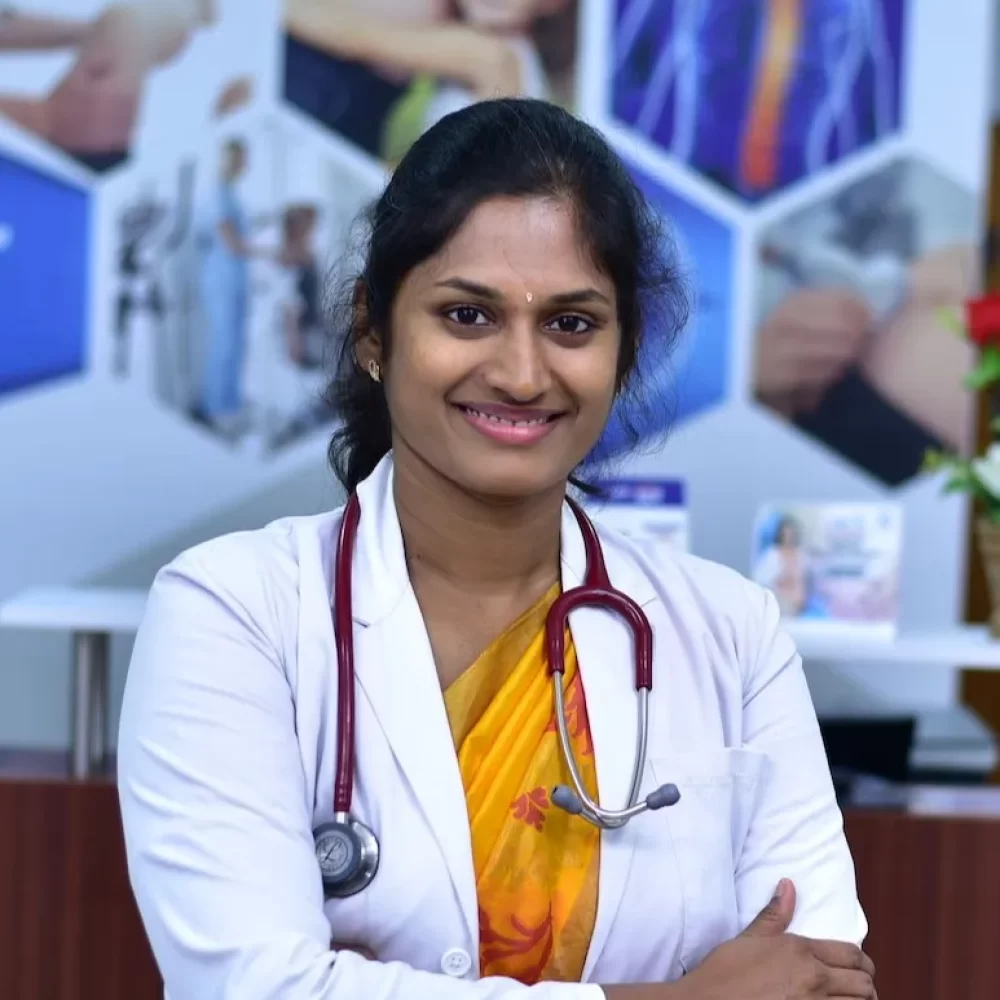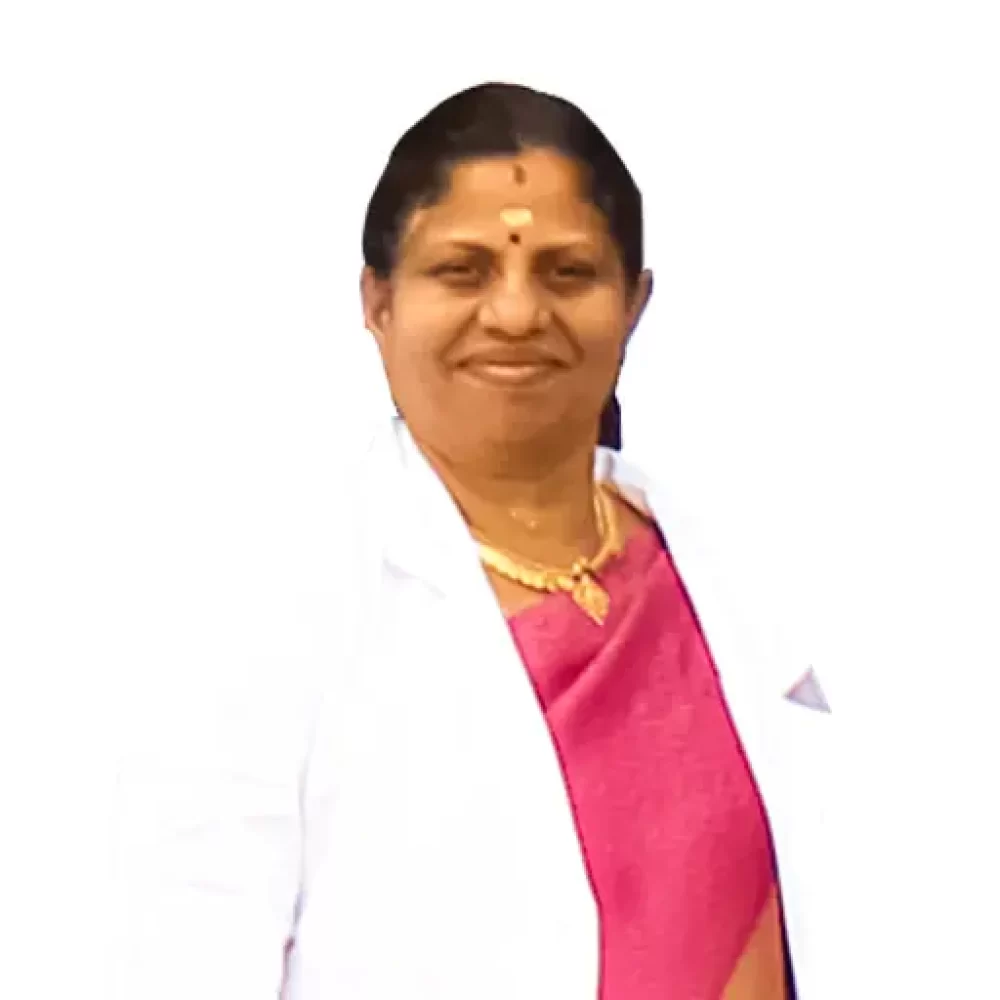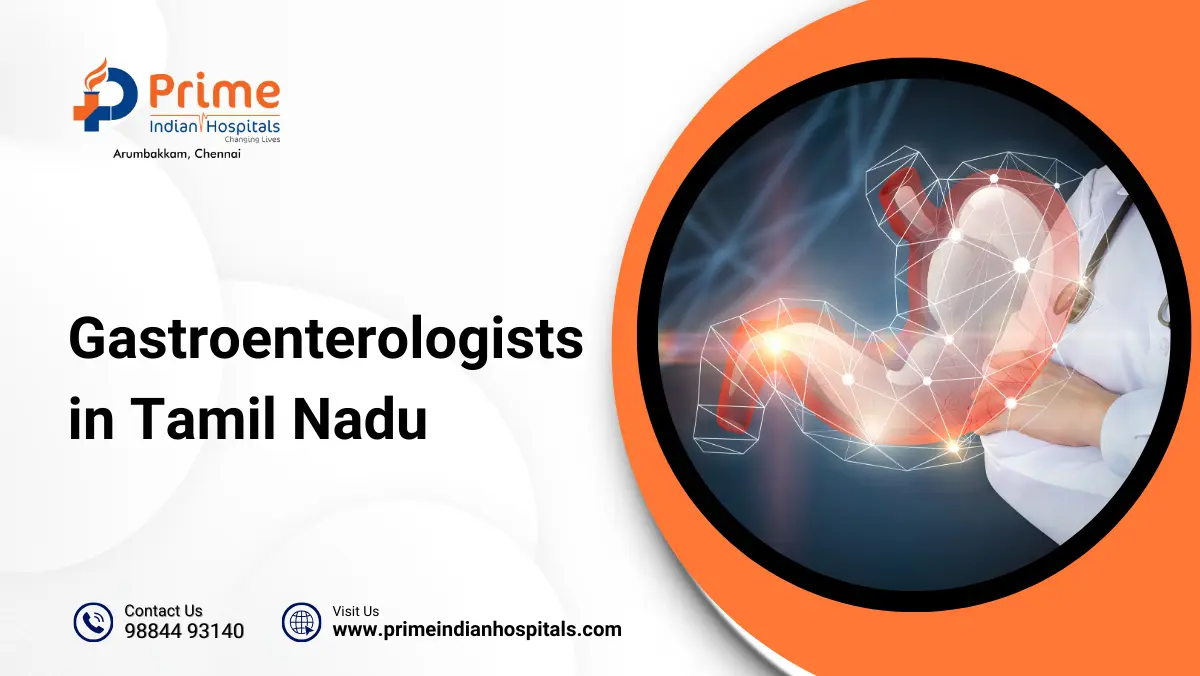Obstetrics & Gynaecology are two interconnected branches of medicine that specialize in the health of women, particularly in relation to pregnancy, childbirth, and reproductive health. Obstetrics focuses on pregnancy, childbirth, and the postpartum period, while Gynaecology deals with the broader aspects of female reproductive health, including disorders, diseases, and preventive care.
Together, these fields offer comprehensive care, ensuring women’s well-being throughout different life stages, from adolescence to menopause. The importance of these fields cannot be overstated, as they address critical aspects of women’s health that directly impact both individual and public health. In India, maternal and reproductive health services are increasingly becoming a priority, and the role of obstetricians and gynaecologists is central in ensuring positive outcomes for women and their families.
What is Obstetrics?
Obstetrics is a branch of medicine that deals with the care of women during pregnancy, childbirth, and the postpartum period. The role of obstetricians is essential in managing the complexities associated with pregnancy and ensuring the health of both the mother and the child. They are trained to handle a variety of situations that may arise during pregnancy, from routine checkups to high-risk cases requiring special care. Obstetricians are responsible for prenatal care, delivering babies, and offering support after birth, ensuring that both mother and child are safe and healthy throughout the process.
- Prenatal Care: Obstetricians provide regular checkups to monitor the health of both mother and baby.
- Labor and Delivery: They are skilled in managing normal and complicated deliveries, including cesarean sections.
- Postpartum Care: After childbirth, obstetricians help mothers recover and offer advice on breastfeeding and infant care.
Obstetrics is a vital medical field that directly influences maternal and infant health outcomes. Advanced technologies, like ultrasound and fetal monitoring, are commonly used to track pregnancy progress, detect potential complications, and guide treatment decisions. By ensuring continuous care from conception through childbirth, obstetrics plays a critical role in safeguarding the health of both mothers and newborns.ecology in Chennai play an integral role in providing comprehensive maternity care. With advancements in medical technology and a patient-centered approach, expectant mothers now have access to state-of-the-art maternity care services in Best Obstetrics and Gynecology in Chennai, ensuring safe and healthy deliveries.
What is Gynecology?
A gynaecologist is a medical professional who specializes in the health of the female reproductive system. This includes addressing a wide range of conditions such as menstrual disorders, infertility, sexual health issues, and more serious concerns like ovarian or cervical cancers. Gynaecologists also focus on preventive care, including screenings for breast and cervical cancer, and provide support through transitions like menopause. Unlike obstetricians, who focus on pregnancy and childbirth, gynaecologists provide care for women throughout their lives, starting from adolescence.
- Routine Screenings: Gynaecologists perform regular exams such as Pap smears and mammograms to detect early signs of disease.
- Infertility Treatment: They help women who are struggling with infertility, providing advice and treatment options.
- Menopause Management: Gynaecologists offer care and support for women experiencing menopause, addressing symptoms like hot flashes and mood changes.
A gynaecologist is key in diagnosing and treating conditions that affect the reproductive organs and ensuring a woman’s overall reproductive health. Their expertise extends to managing chronic conditions like polycystic ovary syndrome (PCOS), and they are integral in providing guidance on contraception, sexual health, and family planning.
Functions of Obstetrics and Gynecology
Obstetricians play a pivotal role in providing care to pregnant women throughout their pregnancy journey. Their responsibilities encompass monitoring the health of both the mother and the fetus, preparing for childbirth, and managing any complications that arise during delivery. Obstetricians are trained to handle various medical situations, ranging from routine pregnancies to high-risk cases that involve maternal or fetal health concerns. They work closely with other specialists to ensure a comprehensive approach to the care of pregnant women.
- Prenatal Checkups: Regular monitoring of the mother and baby to detect potential health issues early.
- Labor and Delivery Management: Overseeing the process of childbirth, providing support during labor, and making critical decisions in case of complications.
- Postpartum Care: Assisting with recovery after delivery, including monitoring the mother’s physical and emotional well-being.
Obstetricians are equipped to handle both normal and complicated pregnancies. They also work with other healthcare providers such as neonatologists, anesthesiologists, and midwives to ensure that both the mother and baby receive the best possible care. Their expertise in emergency procedures, such as cesarean sections, is crucial in ensuring safe childbirth when complications arise.
Functions of a Gynecologist
Gynaecologists provide comprehensive care for women’s reproductive health, from adolescence through menopause and beyond. Their role involves diagnosing, treating, and managing various conditions that affect the female reproductive system. They are also focused on preventive care, regularly performing screenings for cancers and other diseases, and providing education on reproductive health. Gynecologists treat conditions ranging from menstrual irregularities to more severe issues like endometriosis and fibroids, offering a variety of treatment options, including medical management, surgery, or lifestyle modifications.
- Reproductive Health Education: Gynaecologists provide advice on contraception, sexual health, and family planning.
- Diagnosis and Treatment of Disorders: They identify and treat conditions such as PCOS, fibroids, and endometriosis.
- Cancer Screenings: Gynaecologists play a critical role in preventing cervical, ovarian, and uterine cancers through early detection.
Additionally, gynaecologists often collaborate with obstetricians when a woman is pregnant, ensuring that her overall reproductive health is well managed throughout the pregnancy. Their role also includes counseling patients on sexual health, managing menopausal symptoms, and addressing issues like urinary incontinence and pelvic organ prolapse.
Diagnosis in Obstetrics & Gynecology
The diagnosis process in obstetrics & gynaecology involves a comprehensive evaluation of a patient’s medical history, symptoms, and physical examinations. Depending on the condition, a variety of diagnostic tests may be used to identify underlying issues. In obstetrics, tests such as ultrasounds, blood tests, and fetal monitoring are used to assess the health of both mother and baby. Gynaecologists use tools like pelvic exams, Pap smears, and imaging studies to diagnose conditions affecting the female reproductive system.
- Ultrasound: A key diagnostic tool in obstetrics to monitor fetal development and detect potential complications.
- Pap Smears: Essential for detecting cervical cancer in gynaecology patients.
- Blood Tests: Used to assess hormone levels, infections, and other health markers in both obstetrics & gynaecology.
Accurate diagnosis allows for early intervention, which is crucial for the treatment of various conditions such as fibroids, ovarian cysts, or complications in pregnancy. Additionally, gynecologists and obstetricians use diagnostic information to guide treatment plans and ensure optimal outcomes for women’s health.
Conclusion
Obstetrics & Gynaecology are fundamental to the health and well-being of women at every stage of life. These specialties address the unique and evolving needs of women, from pregnancy and childbirth to reproductive health and preventive care. Whether it’s ensuring a healthy pregnancy, diagnosing reproductive disorders, or providing screenings for cancers, obstetricians and gynaecologists are central to a woman’s healthcare journey. At Prime Indian Hospital, we offer expert care in obstetrics & gynaecology, prioritizing the health and comfort of every patient. Ensuring a healthy future for women is at the heart of what we do.














